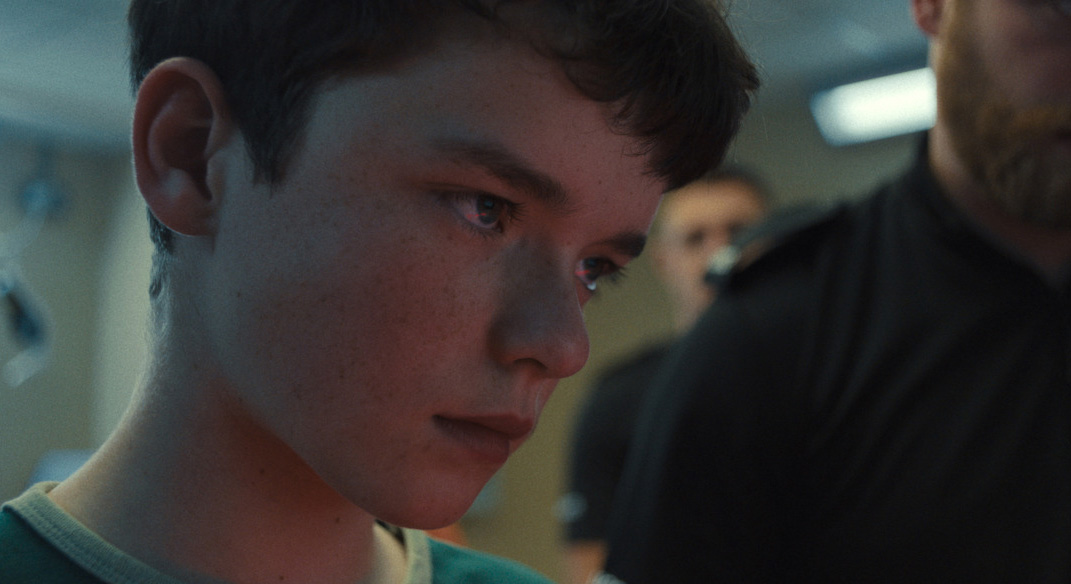In a new book, media researcher Helle Kannik Haastrup explores how TV series and films can both challenge our view of the world and engage us in online communities. The book challenges prejudices about popular culture's "banal" narratives and uncritical fan culture and shows that digital platforms also afford space for serious discussions about films and TV series.

In the highly publicised Netflix series Adolescence, young people's online lives and negative male role models are important themes. On the social media site Reddit, the series is being discussed extensively by ordinary streaming users, who not only relate to the show's artistic qualities and acting performances, but also the difficult themes.
"The Adolescence discussions on Reddit are good examples of the types of discussion communities we see today on social media about TV series and films," says media researcher Helle Kannik Haastrup.
She has just published the book Digital Film and Television Culture - from Hollywood to Social Media.
"In the book, I analyse how Stranger Things, a stylistically conscious blend of sci-fi, fantasy and coming of age drama, deals with difficult topics such as bullying, grief and depression. On Reddit, almost intimate spaces have sprung up where fans and users share their own experiences of bullying and discuss the show's portrayal of this. This emphasises why fiction is important to us, because it creates identification and can form the basis for fruitful communities," says Helle Kannik Haastrup.
PR and critical fan culture at the same time
According to Helle Kannik Haastrup, streaming productions and the digital communities that surround them constitute significant popular culture narratives that deserve to be taken seriously.
"But of course, these are also phenomena that we need to be critical of. Production companies are skilled at creating content that looks user-generated but is in fact pure PR. Luckily, users are pretty good at recognising this, and they generally know when they are sharing things that are basically advertising."
The blend of serious film and series culture with advertising can be seen on the popular app Letterboxd. Here, users can 'rate' and make lists of films they have seen and recommend them to other users.
"The app serves both as PR for new streaming productions by, for example, getting movie stars to make lists of their favourite films on the red carpet when they go to the premiere of their latest film. But it is also a gathering place for serious film and TV series enthusiasts," says Helle Kannik Haastrup and continues:
"Instead of following traditional media reviewers, as most people did before social media, users are orientating themselves on Letterboxd, for example, by reading other people's recommendations and reviews and discussing with them. There has been a significant shift in cultural authority in digital media culture, as a form of critical fan culture has emerged online that many young people prefer to traditional media."
Cultural impact
One of Helle Kannik Haastrup's goals with the book is to make analyses of digital film and TV culture encompass the complexity of today's cross-media media landscape by including more aspects than these analyses traditionally do.
"In cross-media research, there is a tendency to either focus on production conditions, the industry or audience research. However, I want to maintain a dual perspective on the fictions themselves and their aesthetic expression, such as Stranger Things and the Oscar winner Everything Everywhere All at Once, which are analysed in the book," says Helle Kannik Haastrup
"At the same time, I also think it's important to explore how our online engagement with these fictions is negotiated and discussed on social media to gain insight into their cultural impact and meaning."
Digital Film and Television Culture - from Hollywood to Social Media has been published by Routledge.






